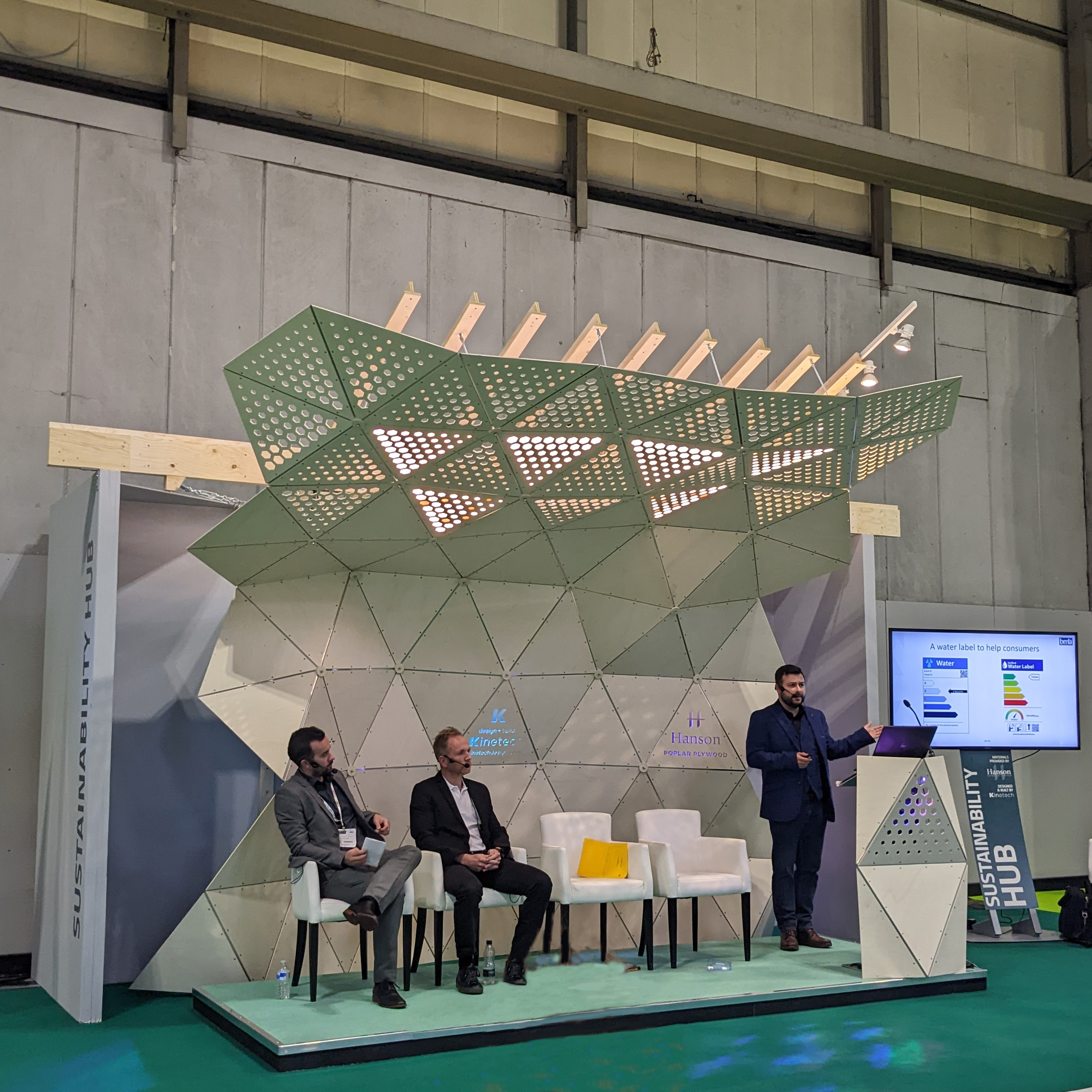In his Budget speech in the House of Commons, George Osborne announced that UK government is opening negotiations over a £1bn tidal Lagoon energy project in Swansea. The plan would see a giant man-made Lagoon generating 500GWh per year, enough to power almost 120,000 homes. It could also create as much as 8% of domestic energy and thus reducing the need for foreign fossil fuels, providing cleaner electricity and creating tangible economic opportunities.
Swansea Bay's tidal lagoon is seen as a first of its kind - a concept to draw power for electricity from the ebb and flow of the tide, which according to Swansea Bay City Region board chair Sir Terry Matthews is one of the most green and reliable energy sources in the UK; the plant would use the weight of the water to power its turbines.
His department said the negotiations would establish whether a guaranteed price for power generated by the lagoon would be "affordable and value for money", adding that the project was still subject to a planning decision.
It sounds like a good deal; if the plans go ahead, building the Lagoon is estimated to employ 35,000 all the way through the supply chain, according to Lagoon development director Ioan Jenkins. The Lagoon would also produce clean, renewable energy which could make a significant contribution towards national carbon emission reduction targets – over 236,000 tonnes of CO2 saved each year.
But there is a downside to this – and it all comes down to cost. Tidal Lagoon Power Ltd is asking for £168 per megawatt hour of energy, for 35 years. The price higher than what the UK government agreed to pay developers of a new nuclear reactor at Hinckley; that "strike price" is £92.50. Many call for greener energy options, but are shocked at the high price tag attached. With no guarantees of the success of the Lagoon energy plant, many are skeptical that the price is too high.
However, others argue it is a price worth paying – if proceeded with, the plans could lead to thousands of manufacturing, building and construction jobs and could see Britain building the world's first man made tidal energy lagoons which could be operational for up to 120 years. And that, according to BBC Wales’ Economics Correspondent Sarah Dickins, was 'about building a new industry for the UK'.
Related Blog Articles



crop192.png)












